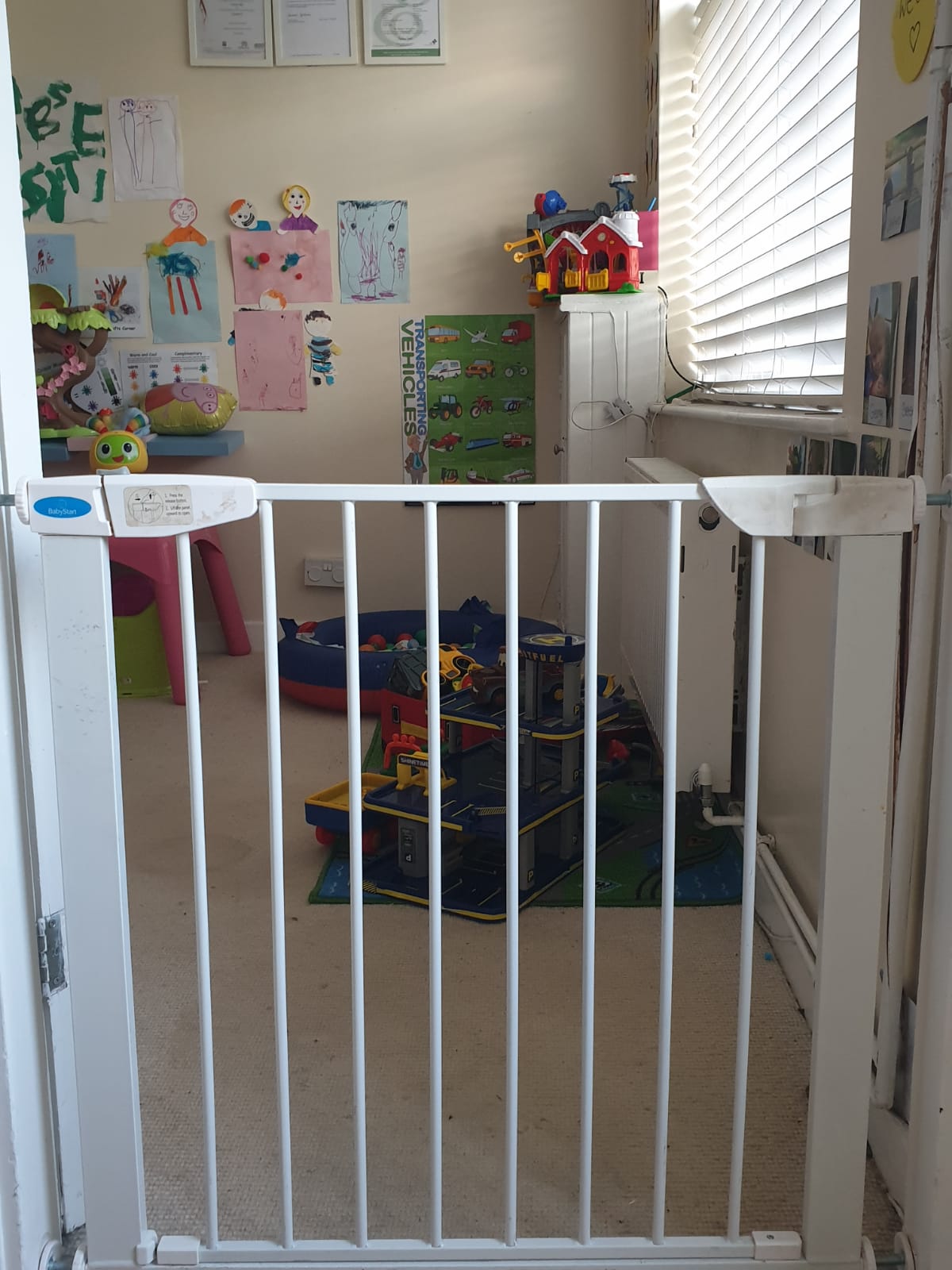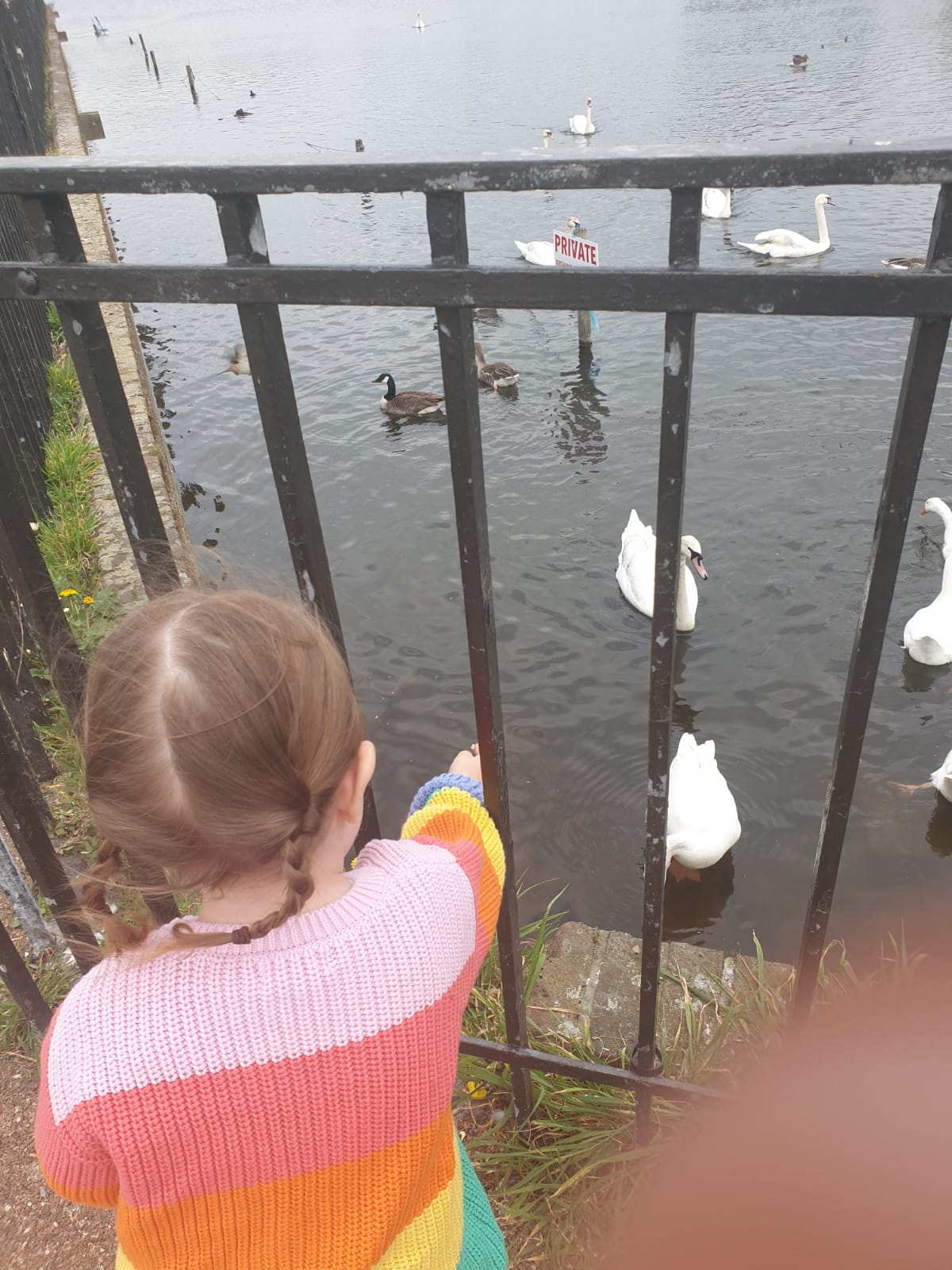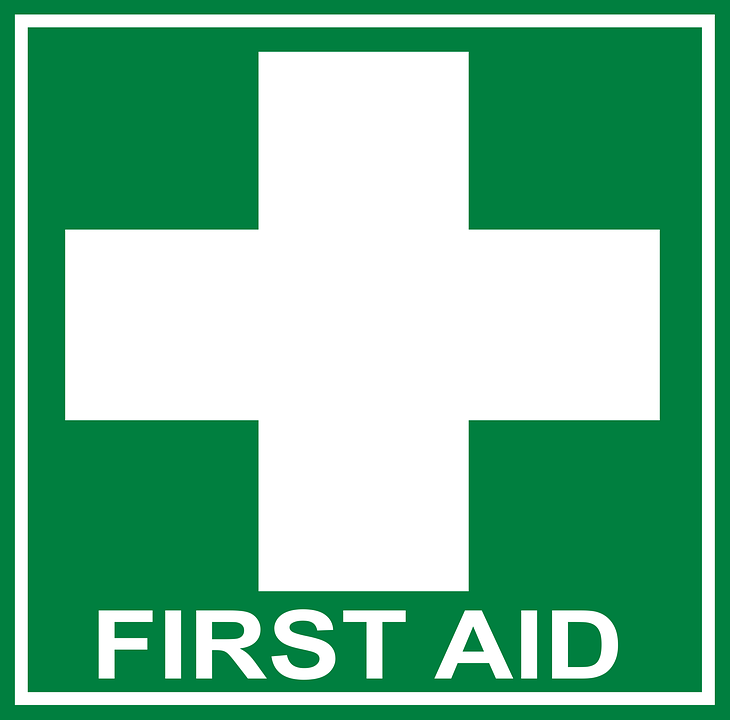Little Dumplings Childminding Policies & Safety
My Policies
As a childminder I have policies set out to make sure your children get the best possible start in life and support to fulfil their potential. My childcare policies all comply with the purpose and aims of the Early Years Foundation Stage (EYFS). I want to help young children achieve the five Every Child Matters outcome of Staying Safe, Being Healthy, Enjoying and Achieving, Making a Positive Contribution and Achieving Economic Well-being.
Below in PDF format is a list of my policies. These policies will be given to you to read in full when we first meet. When the parents enter into a contract with me to look after their child(ren), I will require the parents to sign a form to confirm they have read and understood all policies.
Childminding Policy Document PDF
Below there is a PDF on my Data Protection Policies also for your viewing pleasure:
Below is a small section of policies for you to look over if you wish so that you get a rough idea of what to expect:
Working with parents: Every day I send home a Daily Care Sheet with details of your child’s day and I will try to include comments where appropriate about your child’s development. It really helps if we can work together as much as possible and make this a two-way dialogue, with you sharing information with me about your child’s behaviour at home. I hope that if at any time you have suggestions, queries, concerns or questions about your child’s care that you will talk with me about them. As a professional, I am very open to both suggestions and criticism and both are always appreciated. You are always welcome to drop by during the day at any time or to come with us on outings. I will notify you in advance when I am to be inspected by Ofsted so that you can contribute your views to the inspector if you want to. I will supply you with a copy of the Ofsted report within five working days of receiving the report. I hope that you will also keep me informed about anything that may affect your child’s time with me. I need to be made aware of changes in the child’s circumstances that could affect their behaviour during the day – big changes like a new baby or bereavement, or even little things like a bad night’s sleep. If mornings and evenings are too rushed a time to stay and talk then we can always arrange an evening or weekend time for you to come and talk things over.
Managing children’s behaviour: Providing quality childcare is all about creating a loving home environment where children feel welcomed, respected and included. Being professional is also about being clear about expectations, giving lots of praise and encouragement, having a well-structured routine and setting fair, consistent boundaries. This is the ideal environment in which children thrive and develop responsibility. This is a family home and I like to build an atmosphere of caring and sharing. It is important to teach the children to have regard for and to respect each other. My general policy regarding discipline is consistency. I give positive reinforcement whenever possible. However, I will respond to unacceptable behaviour in an appropriate way according to the child’s age and level of understanding. When problems arise, I try to distract or redirect the child or children involved and talk things through. However, if inappropriate behaviour persists then I operate a time out policy. Under no circumstances will I smack, shake or humiliate a child, threaten or administer physical punishment of any kind even if this is something you would normally do at home. Where physical intervention is taken for the purposes of averting immediate danger of personal injury to any person (including the child) or to manage the child’s behaviour if absolutely necessary, this will be recorded as an ‘incident’. It is also my policy to challenge bullying and any other form of peer-on-peer abuse. If I see bullying, it will be recorded as an ‘incident’.
Illness and medical policy: Before your child starts in my care you will be asked to complete a child profile form which includes medical information about your child such as asthma. This should indicate any serious allergies the child may have including foods to avoid and any other things that I should be aware of in looking after your child. It is very important that you communicate in writing any changes in your child’s development or physical needs that may become apparent as they grow up. If your child becomes unwell while in my care and I feel that he or she should be at home then you will be contacted and requested that you collect your child immediately. This is at my discretion and applies even if a doctor has said that your child is fit and not infectious. In general, if a child has a contagious infection, I would ask that for the benefit of the other children in my care that the child be kept at home while they are contagious or feeling especially unwell. You must keep them at home if they have any communicable disease such as chickenpox or measles. If they have diarrhoea or vomiting please keep them at home until they have been clear for 48 hours. The attached Guidance on Infection and Control in Schools and Other Childcare Settings from the Health Protection Agency is a guideline to exclusion periods for various infections. Please note that there could be occasions when a child will be excluded as a precautionary measure based upon information received or visual observations.


My Health & Safety 
I have health and Safety practices in place so that no one is hurt and everyone is cared for. In case of an emergency there are procedures in place.
Below my health and safety policies are available in PDF for you to look at:
Health & Safety Policies PDF
Keeping children safe while they are in my house is my top priority. While I am looking after your child, he or she will always be within my sight or hearing. While I only occasionally carry out written risk assessments, I regularly perform informal risk assessments when a new child starts or when we go on a new outing.
Learning about personal hygiene is important and, in this house, we wash our hands before eating and after using the toilet. Each child also has their own face flannel and towel to help to prevent the spread of infection.
I provide tissues (and help and encourage children to use them). I also encourage them to put their hand over their mouths when they cough. So the children are safe guarded from germs after every activity.
Ofsted have inspected my house and it has passed safety standards which allow me to become a registered childminder. You can find other certification on the About Me page.
The entirety of my premises is secure which includes my garden and children are not able to leave unsupervised.
I frequently check toys and equipment and any dangerous items are either fixed or disposed of.
I have Carbon Monoxide and Smoke Alarms on every floor. I have a Fire Blanket in the Kitchen.
Harmful substances such as cleaning materials and medicines are stored out of reach. This includes cupboards that store hazardous materials.
Areas of the house that have electric sockets that the children have access to are fitted with socket covers. Windows are always locked and the corresponding keys are hanging out of reach on hooks next to every window.
I hold a full driver license and have the appropriate business insurance/MOT certificates (which are available to view).
I have public Liability Insurance with and Royal & Sun Alliance Insurance PLC, below there is a PDF showing evidence of this:
Evidence of Public Liability Insurance PDFHouse Rules
Along with my policies for childcare and health & Safety I liked to have a set of House Rules that the children must obey while they are in my care, to make their time
with me enjoyable and their interaction with other children more pleasant.
Below you can see my House Rules:
- Share.
- Take turns.
- Help each other.
- Listen Carefully.
- Use our inside voices.
- We are kind to each other and pets.
- We say please and thank you when asking for or receiving anything.
- We do not swear, call each other names, fight or deliberately hurt anyone else.
- We take off our outside shoes when we go in to the house to keep the house clean.
- We take care of the toys, furniture and other equipment including help keeping the house tidy.
- We eat and drink at the table or in the high chair to help keep the house clean and to avoid accidents.